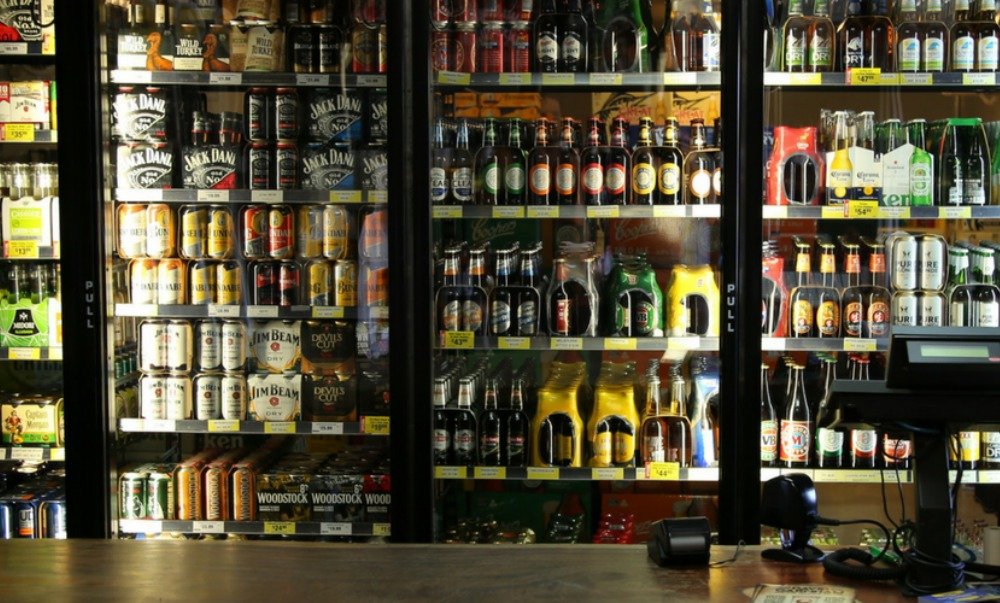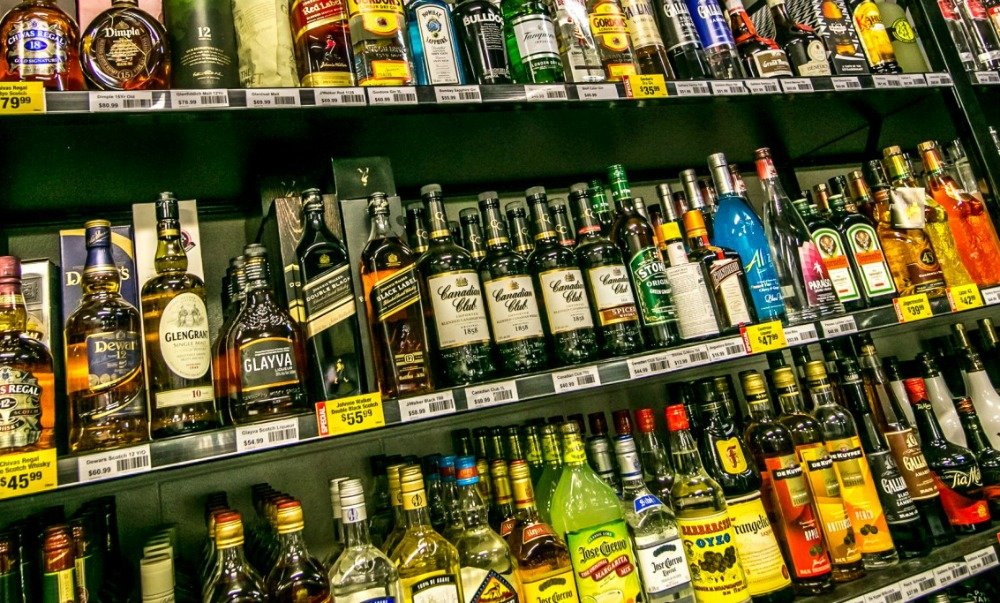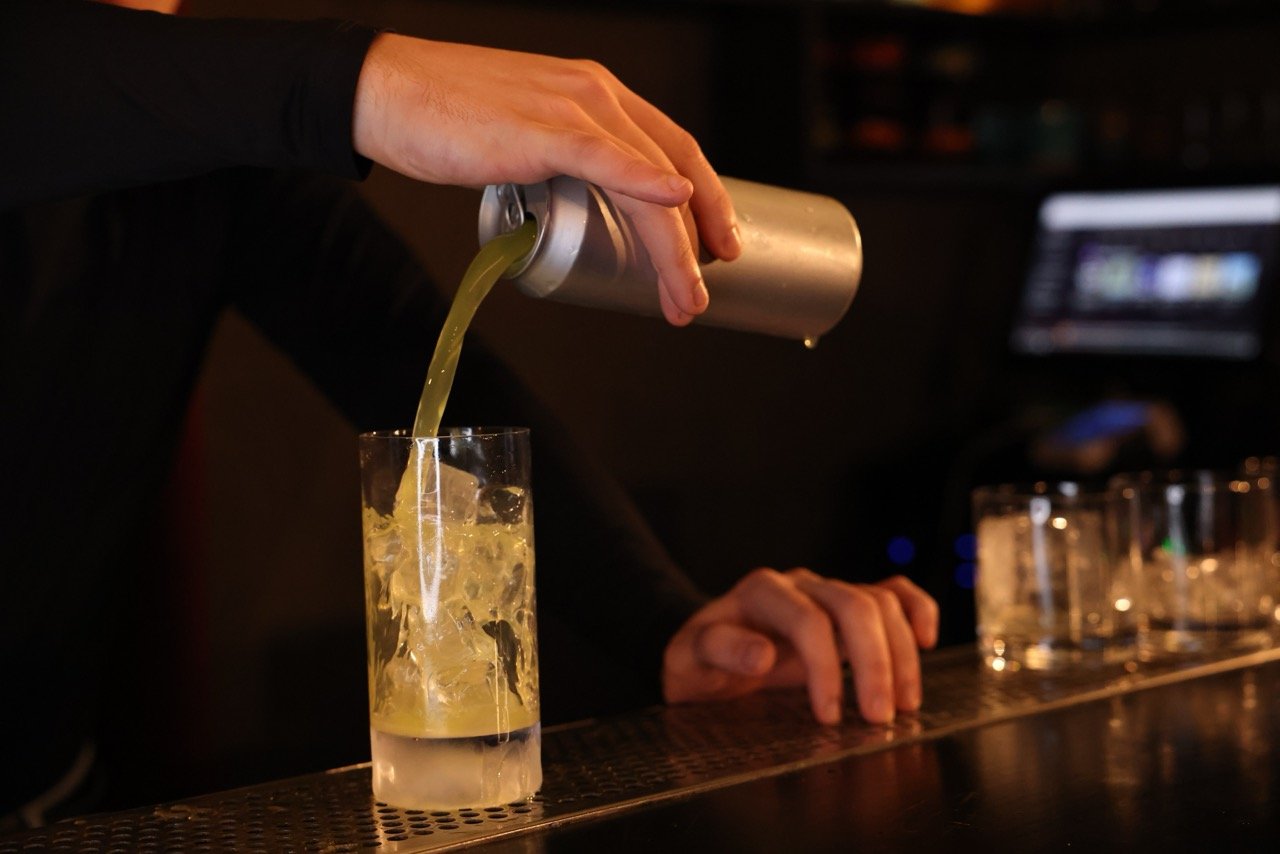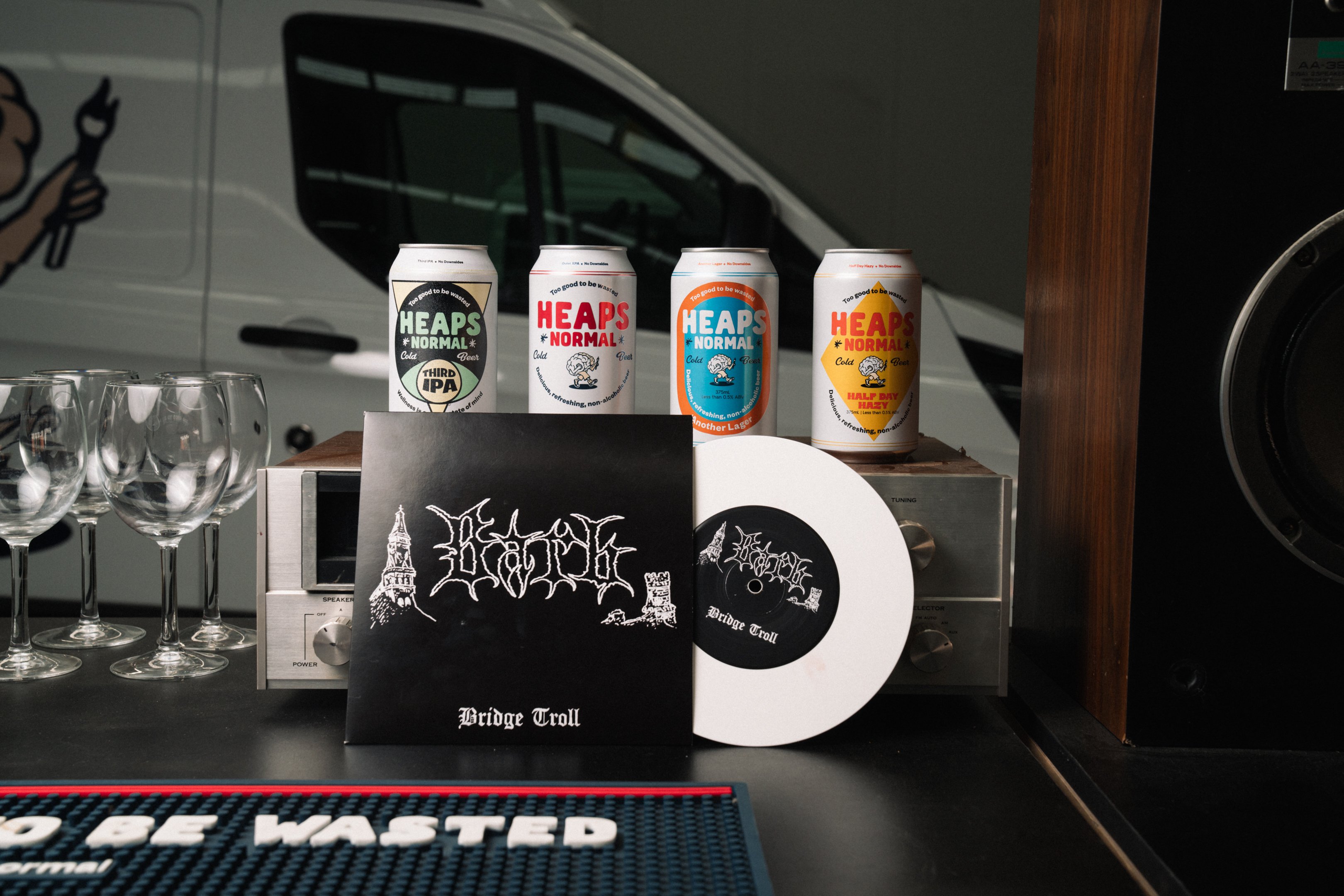Retail Drinks Australia has called for an independent inquiry into the NT Government commissioned one-year evaluation report of the effectiveness of minimum unit pricing (MUP).
CEO Julie Ryan said independent inquiry was needed because of the report’s inconsistent and inaccurate conclusions on MUP and serious questions relating to the integrity of the authors’ presentation of the data.
“The wholesale alcohol sales data on which the report’s authors relied on to derive their conclusions has not been publicly released and won’t be until September, which is a month after the NT election," she said.
“Given the discrepancies with retail data, we independently sourced the majority of the wholesale numbers that were provided to the NT Government.
“We can now conclusively state that, on review of this wholesale data, there has been a significant increase in spirits sold in the NT, as well as a significant increase in bottled wine since the introduction of the floor price.
“However, the MUP report says the exact opposite, that these categories declined.”
Andrew Wilsmore, CEO of Alcohol Beverages Australia, also asserts there has been an increase in consumption in NT.
He says an overall 1.2% increase in per capita consumption of alcohol at a retail level has been recorded since the introduction of the $1.30 per standard drink measures.
“An additional two million standard drinks were consumed in the NT which highlights how spectacular a failure the MUP experiment has been, while taking millions of dollars from Territorians’ household budgets,” he told Alice Springs News.
He added: “The most serious flaw in the report is assuming that the existing downward trend line for consumption and harms was attributable to MUP. You simply cannot take an existing trend and then claim it was a result of a policy change."
Opposition Leader Lea Finocchiaro said in a media release that the floor price is “not much more than an inefficient price measure that punishes responsible alcohol consumers and increases regulatory burdens.
“This Government has failed to create key performance indicators or measure the success of the floor price in a way to avoid scrutiny of its failure. The Government’s approach is, if you don’t measure it, then you can’t fail. That’s wrong.
“Any positive effect on reduced alcohol consumption is taking place primarily because of the hard work of PALIs who were originally an initiative of the CLP.”
Floor price legislation costs liquor retailers millions
Ryan noted that the wholesale data discrepancies were not the only issues that needed investigation, pointing to the report’s conclusion that businesses had found the legislation relatively easy to implement and had not been impacted financially by the introduction of the floor price.

“The implementation of the floor price legislation has cost liquor retailers millions of dollars in one-time cost to adjust their systems, and significant further costs remain ongoing," she said.
“The floor price was also introduced at a time of significant economic downturn in the Territory when all businesses, especially retail, have reported poor performance.
“It is simply not plausible to reach a conclusion that business has not been impacted, and we can confirm our members, who represent the majority of the liquor retailers in the NT who actually have to implement this legislation, do not have that sentiment.”
Ryan said that additional scrutiny from an independent inquiry was required to justify the expenditure of NT taxpayer money on the report.
“Given that this report has been funded by NT taxpayers, there is an obligation to ensure that the authors have completed a thorough and unbiased evaluation of MUP," she noted.
“If the report’s authors have made claims about MUP which are misleading then an independent inquiry is the only way to get to the bottom of these discrepancies."
Share the content










